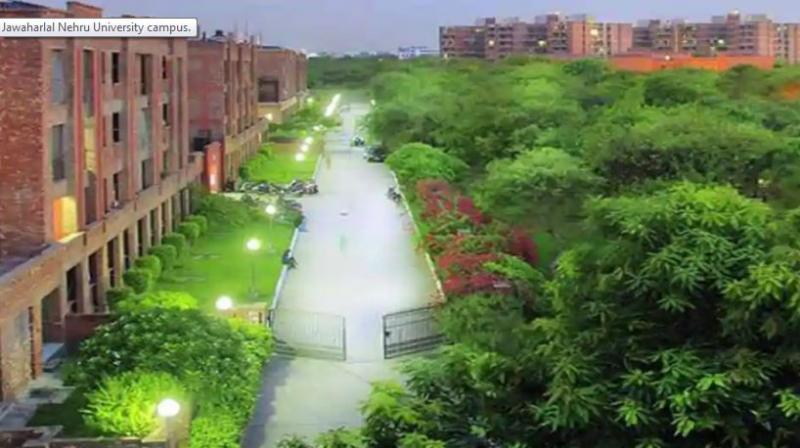JNU goes digital in the time of the pandemic
All official requirements, such as plagiarism check of draft dissertations and theses and fee payment will be done digitally, JNU said.

New Delhi: Jawaharlal Nehru University (JNU) has adapted to the pandemic-induced shutdown by going digital with several student assessment processes. Students can now submit their MPhil and MTech dissertations and PhD theses online.
All the official requirements, such as a plagiarism check of the draft dissertations and theses and payment of fees will be done digitally, a statement said.
A proposal for digital submission of MPhil, MTech dissertations and PhD theses was approved at the 286th Executive Council meeting of the university on Thursday, the statement by Professor Chintamani Mahapatra, Rector-I of JNU, said.
“JNU will be taking the lead in India to launch this novel process of dissertation and thesis submission through the digital mode,” the statement said. “This will facilitate a timely, hassle-free and very convenient process of submission of MPhil dissertations, MTech dissertations and PhD theses for evaluation by the research scholars of the university.”
JNU has already put in place an online theses-tracking system.
Even before the COVID-19 pandemic, the Academic Council of the university had authorised the holding of viva voce examinations online for the award of research degrees. More than 150 viva voce tests for the award of doctoral degrees have been conducted online during the pandemic, the statement said.
The procedure of online submission of dissertations and theses includes the “No Dues Clearance” form submission by the students. The school or centre offices will process the acquisition of the relevant clearances for the students online and the students will no longer have to move from place to place with a physical form to get “No Dues” clearances under the new procedure.
JNU Vice Chancellor Professor M Jagadesh Kumar said the university has streamlined many procedures by adopting digital technologies over the last four years and more such reforms are in the offing.
“If JNU has to become one of the top universities in the world, in addition to creating a good research infrastructure, it is also important to create an enabling ecosystem in the university by introducing efficient administrative and academic procedures,” he said.

